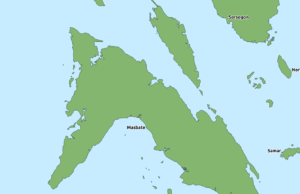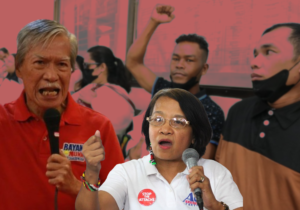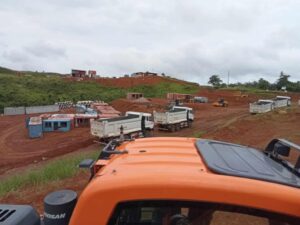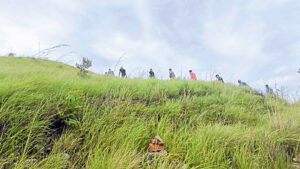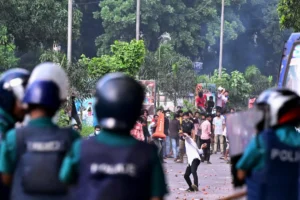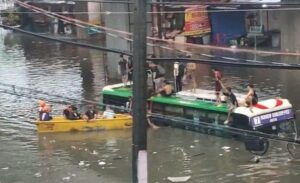Groups denounce Japan for financing LNG, dirty energy in the Philippines

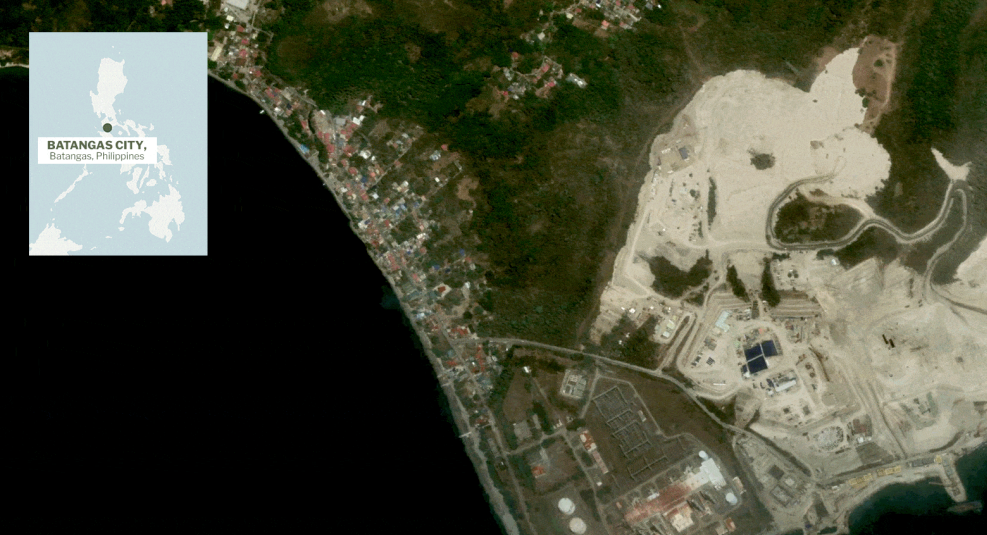
Environmental groups denounced Japan for its role in the construction of a terminal or port for liquefied natural gas in Ilijan, Batangas that form part of the Verde Island Passage (VIP). The Japan Bank for International Cooperation (JBIC) directly funds the terminal built by the Atlantic Gulf & Pacific Company (AG&P), through its local subsidiary Linseed Field Power Corp. The terminal’s construction was completed last year despite protests and lawsuits filed against it.
In April 2023, the terminal received the first shipment of expensive LNG from the US. This shipment and subsequent ones will go to the energy plants of South Premiere Power Corporation and Excellent Energy Resources, both owned by San Miguel Corporation.
The use of imported LNG in power plants is being touted as the country’s “solution to the energy crisis,” despite also emitting methane, spurring the transition to cleaner energy, and pushing countries to continue relying on fossil fuels.
The reactionary government plans to build four more plants to receive the LNG imports forced by the US in the country.
“Its projects and infrastructure threatens life under and around VIP,” said Fr. Edwin Gariguez of the Protect VIP group. The group and Ilijan residents fear another oil spill similar to the MT Princess Empress accident last year. This was a major disaster and caused widespread damage to the VIP ecosystem. (The companies of the San Miguel Corporation, which has plants along the VIP coast, were involved in this oil spill.)
Ocean damage aside, AG&P also faces a case of illegal agricultural land conversion in the barangays of Ilijan and De La Paz. There are also cases of illegal cutting of coconut trees in the area. In fact, the Department of Agriculture issued a “cease and desist order” against the company last year for having no land conversion permit. The company ignored it.
Protect VIP calls for JBIC’s immediate divestment from the project and compensation for the LNG terminal damage to the environment and the livelihood of the people in Batangas.
Bishop Gerry Alminaza, convener of the Wag Gas group and head of the National Laudato Si Program of the Catholic Bishops’ Conference of the Philippines, called for the state to stop plans to expand the importation and use of LNG.
Japan is the leading financier of dirty energy in Asia
Behind Japan’s facade of being “environmentally friendly” and it is “helping” to combat climate change, it is leading the way in financing infrastructure and other projects that drive the use of oil, LNG and coal.
Research show that three of the largest banks that finance such projects are Japanese. These are Mitsubishi UFJ Financial Group (MUFG), Mizuho Financial Group (Mizuho), and Sumitomo Mitsui Financial Group (SMBC).
Japan is one of the top LNG importers and trader countries in the world. Prior to its investment in this field, it was a leader in financing the construction of coal-fired power plants.

